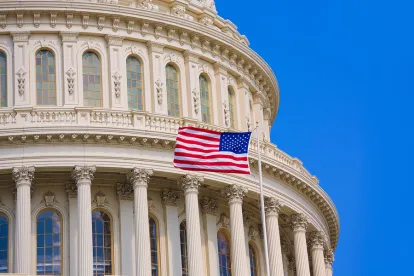Congressional leaders are working to find a way to pass legislation that would give President Obama fast-track authority to negotiate a trade deal that will potentially govern 40 percent of U.S. imports and exports. The Trade Act of 2015 [also referred to as “Trade Promotion Authority” (TPA) or “fast-track trade authority”], would allow the President to negotiate the 12-country Trans-Pacific Partnership (TPP) free trade deal with limited congressional interference.
Republican leadership in both chambers is using complicated legislative maneuvers to advance the legislation – a top priority for the Obama administration. The Senate has already passed a version of the bill. But, earlier this month, Democrats in the House, under significant pressure from labor unions who strongly oppose the measure, voted against part of the legislative package they would normally support – Trade Adjustment Assistance (TAA) benefits for workers hurt by trade deals. The TAA and TPA measures needed to pass together – and match the Senate-passed bill – in order to advance to the President for enactment. This forced House Republican leadership to hold another vote June 18 on a stand-alone TPA measure, which passed 218 -208 with the help of 28 Democrats. [See our earlier post regarding this action.]
The Senate is now scheduled to vote on the stand-alone TPA legislation as early as June 23. If the Senate passes that bill it will go to the President’s desk. The Senate would then take up another bill that combines the TAA benefits with a non-controversial bill to expand an existing Africa trade law. Upon passage, this new TAA measure would be sent to the House for consideration.
With a TPA measure in hand, the President could then pressure House Democrats into supporting the TAA bill or else let the TPA become law without the addition of worker benefits. This strategy relies heavily on Senate Democrats agreeing to pass the TPA without TAA worker benefits. It is unclear whether Senate Democrats are willing to take that risky vote, but House and Senate Republican leaders have publicly committed to getting the legislation passed as soon as possible.
More on the Trans-Pacific Partnership
Enactment of fast-track trade legislation will invigorate negotiations over the Trans-Pacific Partnership (TPP), a free trade agreement designed to promote international trade and investment by lowering tariffs, harmonizing regulations, and eliminating Non-Tariff Barriers (NTBs) to trade. The TPP will initially cover 12 countries: Australia, Brunei, Canada, Chile, Japan, Malaysia, Mexico, New Zealand, Peru, Singapore, the United States, and Vietnam. Collectively these countries represent 40 percent of the global economy. The treaty also establishes mechanisms for other countries to join in the future.
The TPP will create new rules governing cross-border trade, including competition, customs duties, market access, rules of origin, and trade disputes. Special arbitration provisions would permit cause of action filings against foreign governments. The TPP will govern foreign exports, imports, and investment implicating several major sectors of the U.S. economy, including manufacturing, intellectual property, textiles and apparel, telecommunications, agriculture and others. It will also cover labor, employment, and environmental issues.






 />i
/>i

